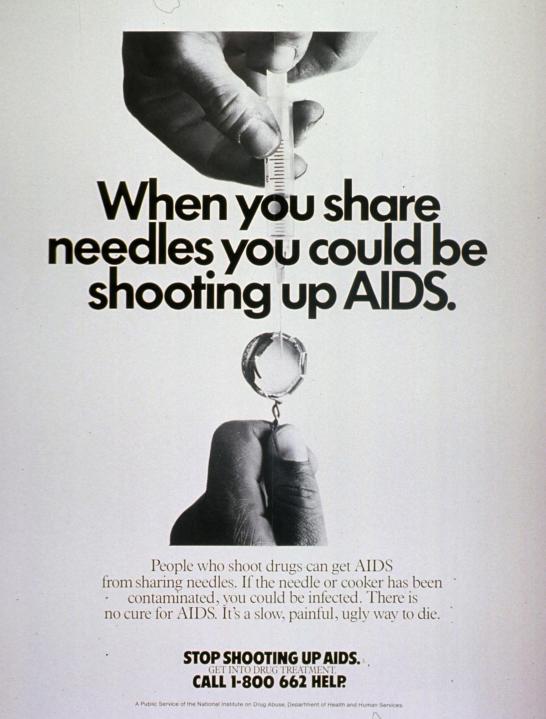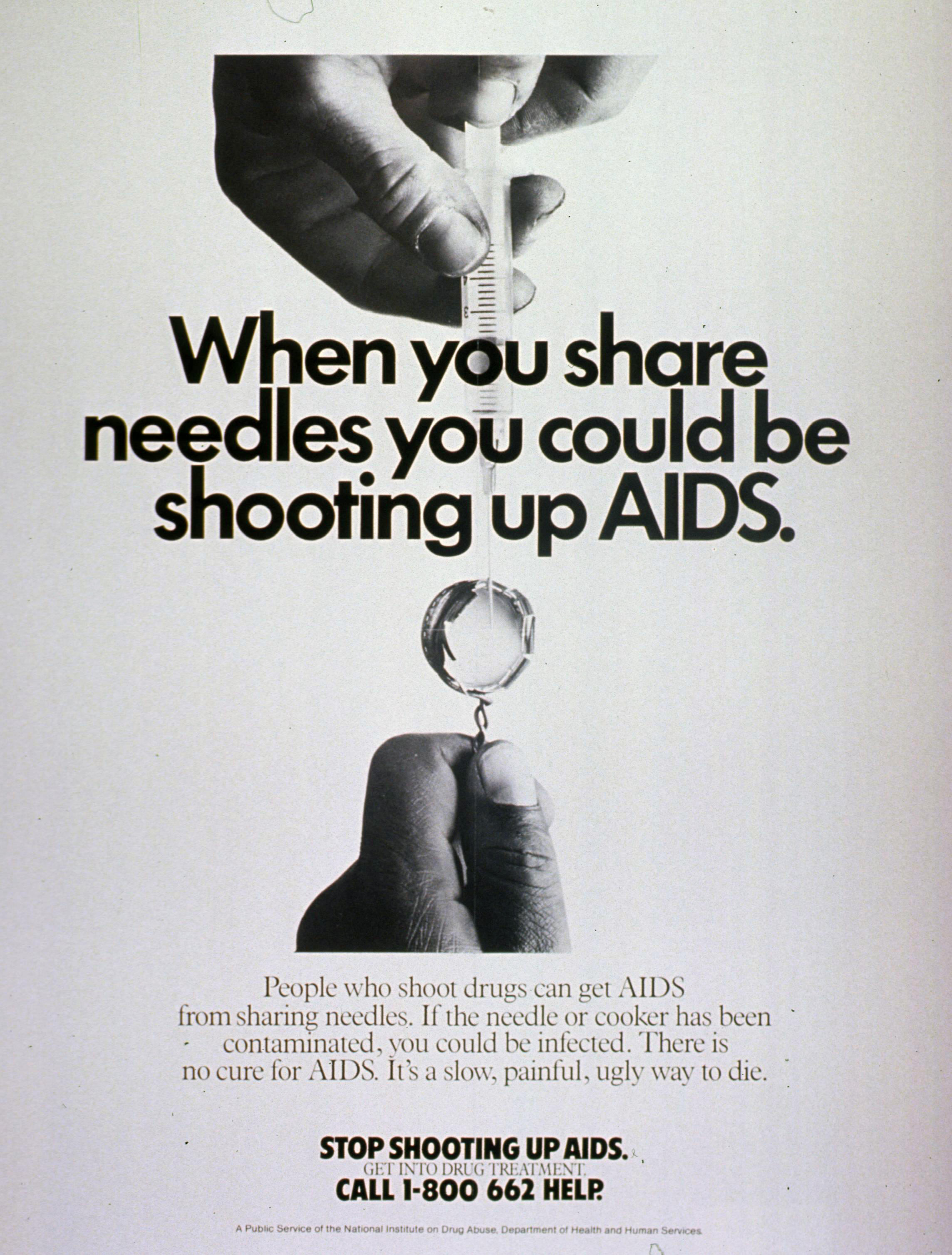Fiasco is a podcast series on Audible that dives deeply into episodes in recent American history. It takes listeners through the smaller moments. Often those that, within the larger epoch-defining events, have been lost to history. In the first season, for example, which centred on the Bush v. Gore election, the opening episode is devoted entirely to the international custody imbroglio of Cuban-born Elian Gonzalez. This case – which saw President Clinton allow Gonzalez to be removed from his relatives in Florida and sent back to his father in Cuba – contributed to Al Gore’s loss of the Latino vote in Florida and thereby cost him the presidential election. Other seasons have been devoted to the Benghazi scandal, the movement to desegregate Boston’s public schools, and Iran-Contra. (At Slate’s Slow Burn, Neyfakh has also produced seasons about Watergate and the Clinton-Lewinsky scandal.)
The podcast weaves new interviews from the events’ major players with archival news recordings and other sources from the era, which both allows for a greater understanding of history as it unfolded, but also has the added benefit of unintentionally letting the listener feel a bit smug, a bit wiser than we really are; getting to hear important people say things that we, with the benefit of hindsight, know smacks of hubris.
Of course, the things that Neyfakh and his team usually choose to highlight have resonances in the present day. They made a season of Slow Burn that was ‘about Nixon but actually about Trump’, Neyfakh wrote on Twitter, and another ‘that was about Clinton/Lewinsky but was actually about #MeToo.’
Nowhere is this clearer than in the opening of this season on the AIDS epidemic in America, which begins with a quote from Marcus Conant, one of the first doctors to diagnose and treat AIDS in 1981. ‘It’s well documented from the time of the Black Death in 1348… [that] people respond to epidemics in exactly the same, predictable ways,’ Conant explained. ‘The first thing they do is they deny it even occurred. Then they want to blame someone for having caused it as if that will make it go away. They then start losing faith in the institutions that are supposed to protect them.’
It’s no coincidence that Neyfakh chose to devote this season of his podcast to the AIDS epidemic. ‘Living through Covid-19,’ Neyfakh says on the podcast, ‘I wanted to know what it was like the last time American society was transformed by a deadly virus. I wasn’t expecting easy parallels, I just wanted to know how it felt to live through it – the early years in particular.’
Set against AIDS, it would appear the Covid crisis was handled brilliantly. Politicians may have bungled major decisions, but it took most countries only a few months to take the disease seriously and institute lockdowns – it wasn’t until four years after AIDS was discovered, and nearly 10,000 people had died, that President Reagan publicly mentioned it for the first time. It took just over a year for scientists to discover a vaccine for Covid-19, as every financial and political resource was poured into research, while it took years of activism, largely from people with AIDS, to bring the disease to the attention of most doctors in the US. This is the real triumph of the podcast: the story it tells of early AIDS activism, the way that gay men organised to protect themselves and each other.
Fiasco also does a thorough – and incredibly depressing – job of showing just how devastating the early years of AIDS crisis were. Almost every episode includes interviews with survivors, with people who have lost their partners, best friends, and often, their entire community. One man interviewed said that watching all of his friends die wasn’t the only painful thing, it was living in San Francisco and feeling like everyone was disappearing – losing the mailman with the great legs, the cute bartenders, all your neighbours.
But the podcast also illuminates the complexities of the early AIDS era. Before listening to Fiasco I had taken for granted just how recently anti-sodomy laws in the US were repealed before AIDS emerged, and the tightrope those who wanted to stop the spread of the disease had to walk in order not to stoke homophobic sentiment. In one episode the director of public health for San Francisco debates shuttering the city’s gay bathhouses which were crucial spaces for gay liberation, but simultaneously hotbeds for spreading the virus. He chooses not to close the bathhouses because the political message was too great: he was afraid of the message it would send to the rest of America, that the nation’s most gay-friendly city closed down a gay space.
The podcast also shows how AIDS devastated other communities. A life-saving treatment for haemophilia requires thousands of different donations of plasma, and in the 1980s, thousands of these doses were made with at least one donation of blood from people infected with HIV. Disturbingly, Fiasco shows how blood companies were unwilling to destroy contaminated doses or to test plasma-donor blood because of expense. As a result, thousands of people – half of the haemophiliacs in the US – died.
AIDS is, however, far from a historical phenomenon in need of a modern parallel. Though there is now an effective treatment for AIDS, 650,000 people died of the disease in 2021 alone. As with Covid-19, which is fast becoming a memory for those in developed countries, it is important we remember that these epidemics have long afterlives, especially as we brace ourselves for new ones.







Comments